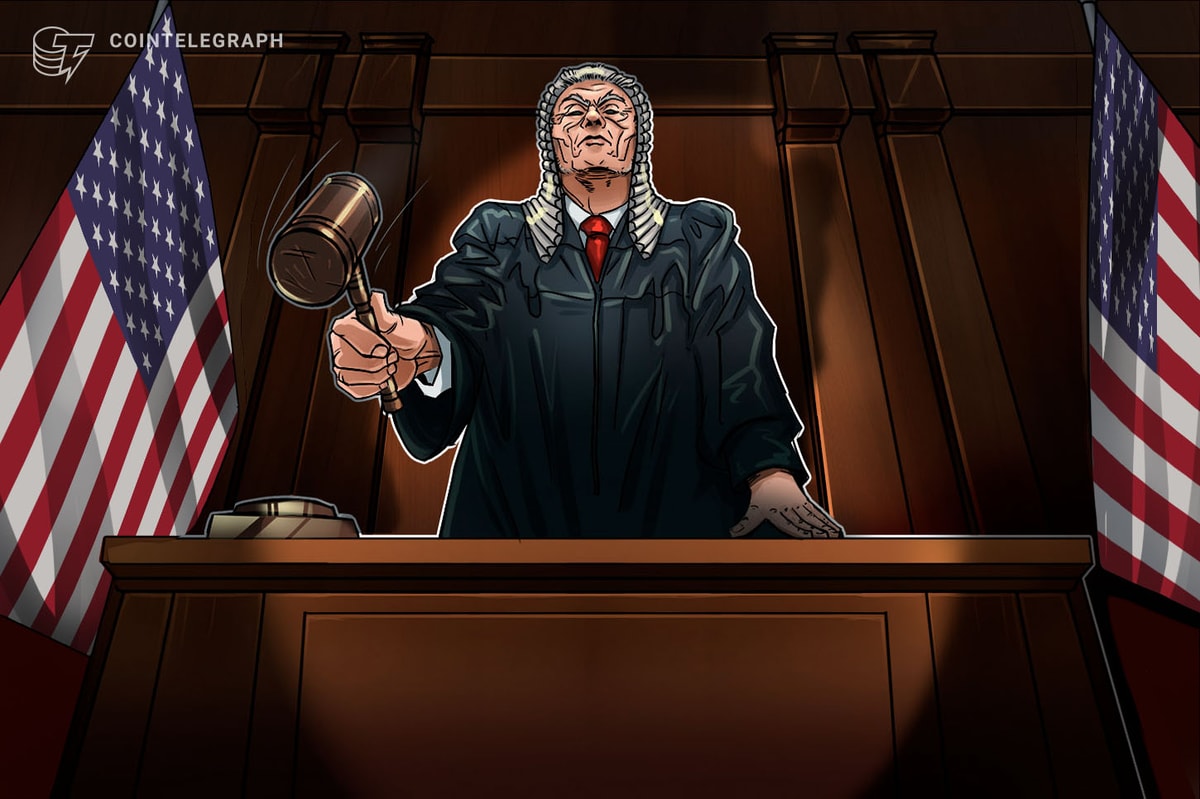Chris Dixon, the founder of Andreessen Horowitz’s a16z Crypto subsidiary, recently discussed his views on stablecoin regulation and the need for further clarity from the United States government.
Dixon’s commentary came during a talk at the Permissionless III event in Salt Lake City, Utah.
Chris Dixon speaking at the “Permissionless III” event in Salt Lake City. Source: Cointelegraph.
He began on a positive note, mentioning that the cryptocurrency market in general had begun to overcome many of the previous technological barriers, or gates, as Dixon referred to them.
In the present market, “there are two big gating factors,” according to Dixon, “one is infrastructure and the other is policy clarity.”
Policy Clarity
Dixon’s position in the investment world bridges both the traditional finance and digital assets markets, giving him a unique point of view.
While many analysts claim that large-scale investors aren’t paying attention to application-layer startups, according to Dixon, that hasn’t been his experience:
“At least half of our investments in the last few years have been application layer,” he says. However, “the problem is they can’t build what they want to build because they’re afraid they’re gonna spend the next five years in court.”
Related: Tether user base hits 350M in 2024 following 24% surge
Dixon said that there’s a potential for “a real renaissance and unlock” with waves of new entrepreneurs, applications, and development in the digital assets space ushering in new ideas. According to him, the infrastructure is there but a lack of regulatory clarity is holding the entire sector back:
“One of the many unfortunate things about the current regulatory regime is, it's not only have they gone after the good actors, I would argue that the scams and bad actors are at an all-time high […] They just ignored those.”
Instead of chasing high-profile cases, Dixon advocates for a regulatory policy that prioritizes clarity and provides a path for good actors while eliminating “scammers” and other bad actors. “Number one for consumers, but number two, for the industry,” he said. “There’s a potential FTX–level issue if we don’t clear that up.”
Magazine: Anti-aging tycoon Bryan Johnson almost devoted his life to crypto










